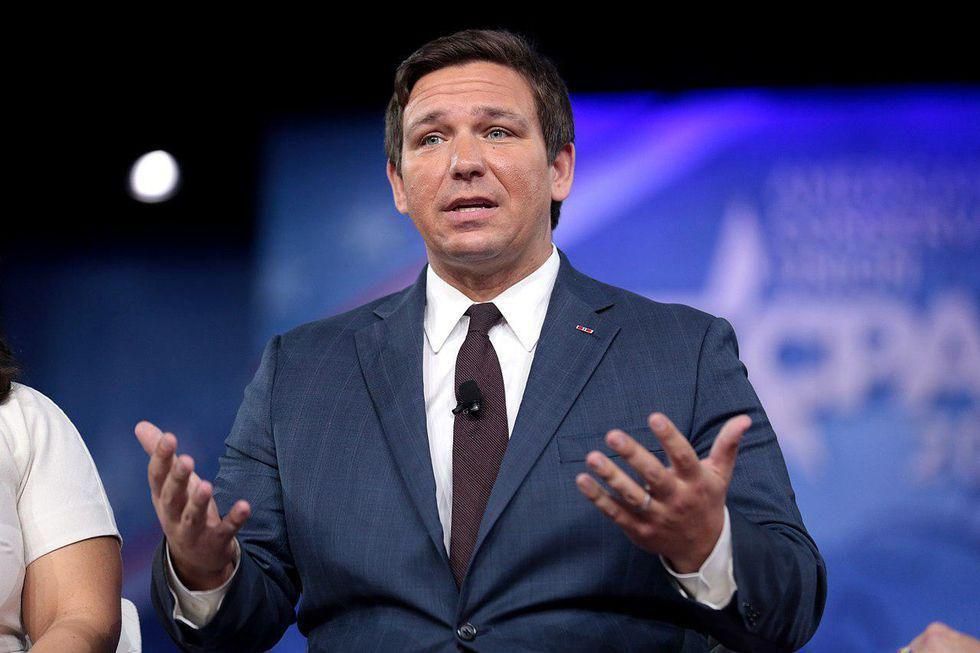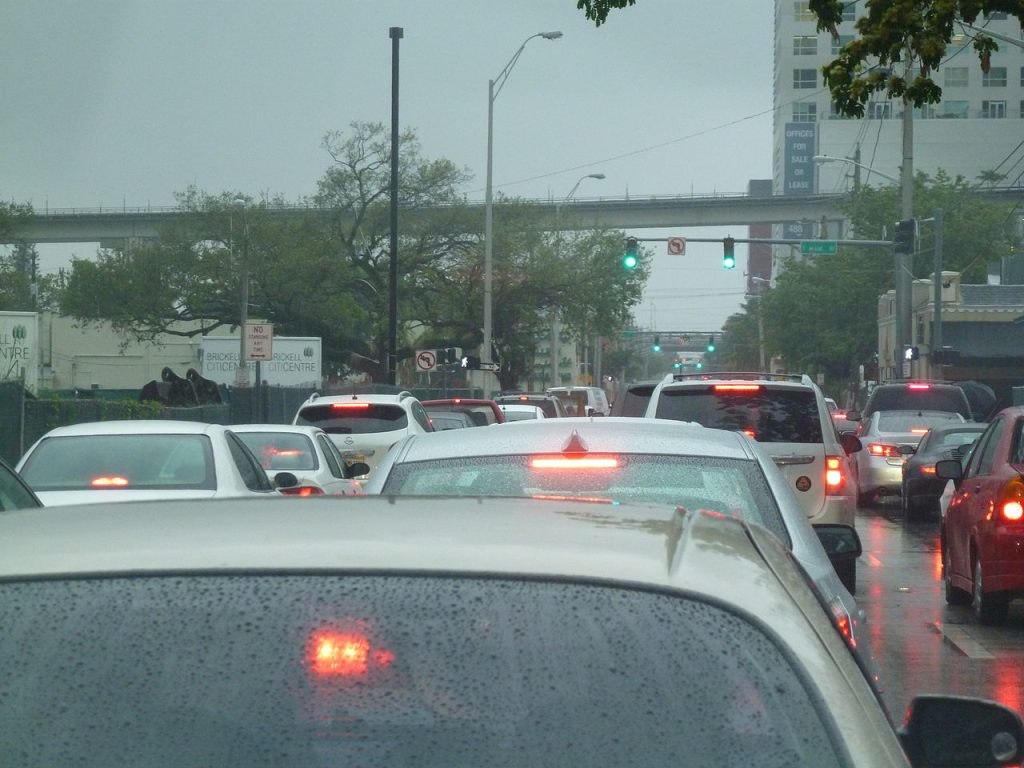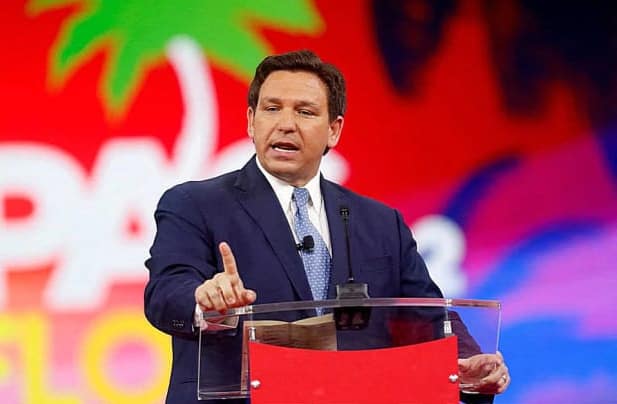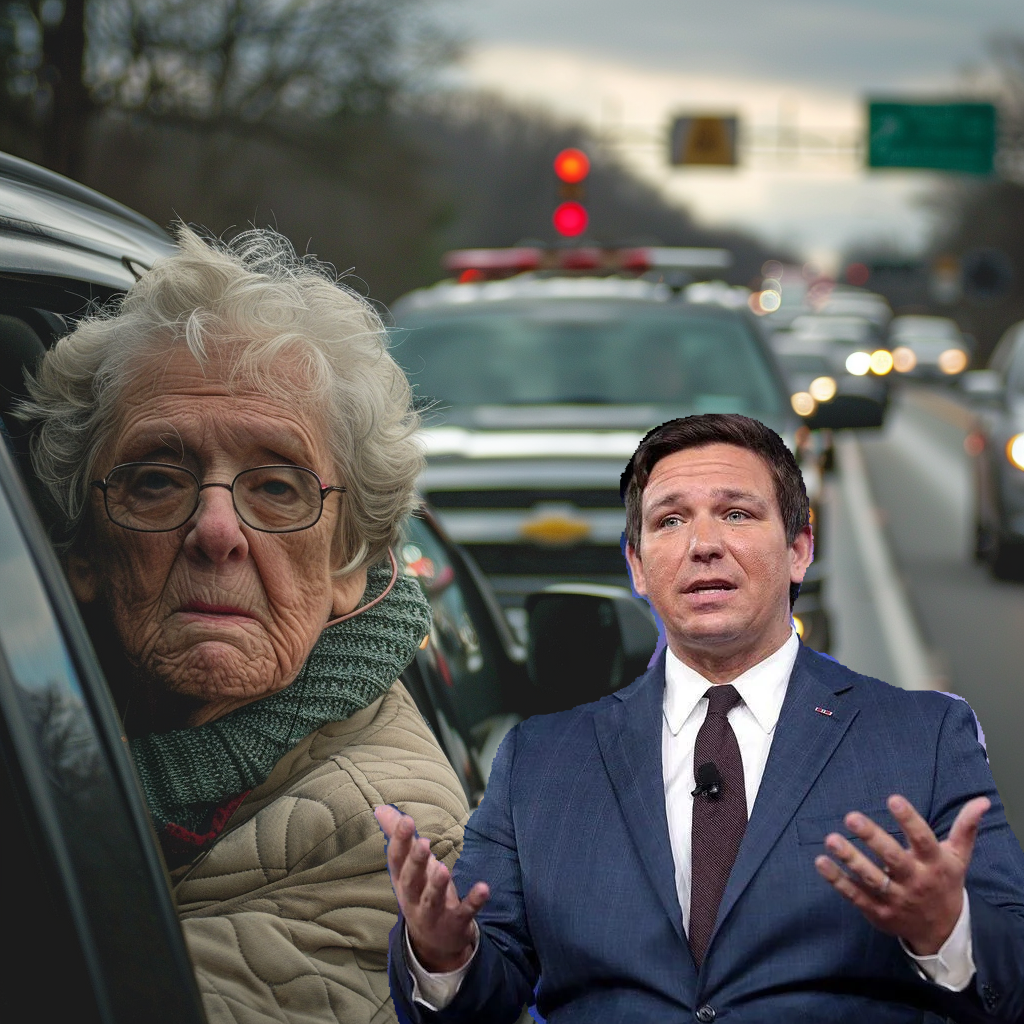In a decision that has sparked considerable discussion among Florida motorists, Governor Ron DeSantis recently vetoed Senate Bill 258 (SB 258). This bill aimed to impose new restrictions on the use of the left-hand lane on highways, specifically limiting its use to passing and overtaking. Scheduled to take effect on January 1, 2025, SB 258 intended to reduce traffic congestion and improve road safety by curbing the behavior of “left lane campers” – drivers who linger in the left lane without passing other vehicles.

SB 258 sought to prohibit drivers from occupying the far-left lane on roads with a speed limit of at least 65 miles per hour unless they were overtaking another vehicle, preparing to exit, or directed by traffic control devices. The bill exempted emergency vehicles and those engaged in highway maintenance or construction from these restrictions. Violating these rules would have resulted in a noncriminal traffic infraction, with a base fine of $60, potentially increasing to $158 after additional fees and charges.

Florida’s existing traffic laws already require drivers to generally keep to the right side of the roadway, except when passing, avoiding obstacles, or following one-way traffic signs. Additionally, drivers should not remain in the left lane if they know or reasonably should know they are being overtaken by a faster-moving vehicle. SB 258 was viewed as a reinforcement of these existing rules, targeting drivers who persist in the left lane without passing, which often causes traffic bottlenecks and frustration.

Governor DeSantis, in his veto message, expressed concerns that SB 258 could introduce unnecessary restrictions and complicate enforcement efforts. He emphasized the need for balance between managing traffic flow and preserving drivers’ freedoms. Some see his veto as appeasing the large elderly population of Florida that frequently drive slow in the fast lane. According to DeSantis, the current laws are sufficient to address the issues SB 258 aimed to resolve, and adding further regulations could result in unforeseen complications and enforcement challenges.

The governor’s veto has generated mixed reactions. Supporters of the bill argue that it would have alleviated road rage and improved traffic flow by keeping the left lane clear for passing vehicles. They cite examples from states like Georgia and Indiana, where similar laws have successfully reduced congestion and accidents by discouraging prolonged left-lane driving. These advocates believe SB 258 would have promoted safer and more efficient use of highways.

On the other hand, opponents of the bill agree with DeSantis’ stance, suggesting that additional regulations might unfairly penalize drivers, particularly in congested urban areas where maintaining strict lane discipline can be challenging. They argue that the current laws are adequate and that enforcement of existing rules, rather than new legislation, would better address the issue of left-lane campers.

The decision to veto SB 258 leaves Florida’s current traffic regulations unchanged, continuing the approach where drivers are encouraged, but not strictly required, to keep the left lane open for passing. This veto underscores an ongoing debate about the best methods to manage highway traffic and whether more stringent laws are necessary for improving road safety and efficiency.

Governor DeSantis’ veto highlights a fundamental discussion about driving behavior and road usage in Florida. While proponents of the bill viewed it as a critical step towards smoother traffic flow, the decision to veto reflects a preference for less regulatory intervention. The complexities of balancing safety, traffic efficiency, and driver freedoms remain at the forefront of this debate, as the state’s traffic volumes continue to grow.

As Florida’s highways become increasingly congested, the challenge of finding effective solutions to manage traffic and enhance safety persists. DeSantis’ decision illustrates the broader conversation on how best to navigate these issues without overburdening drivers with additional regulations. The veto of SB 258 serves as a reminder of the intricate balance needed in traffic management policies and the diverse perspectives on achieving safer and more efficient roadways.





